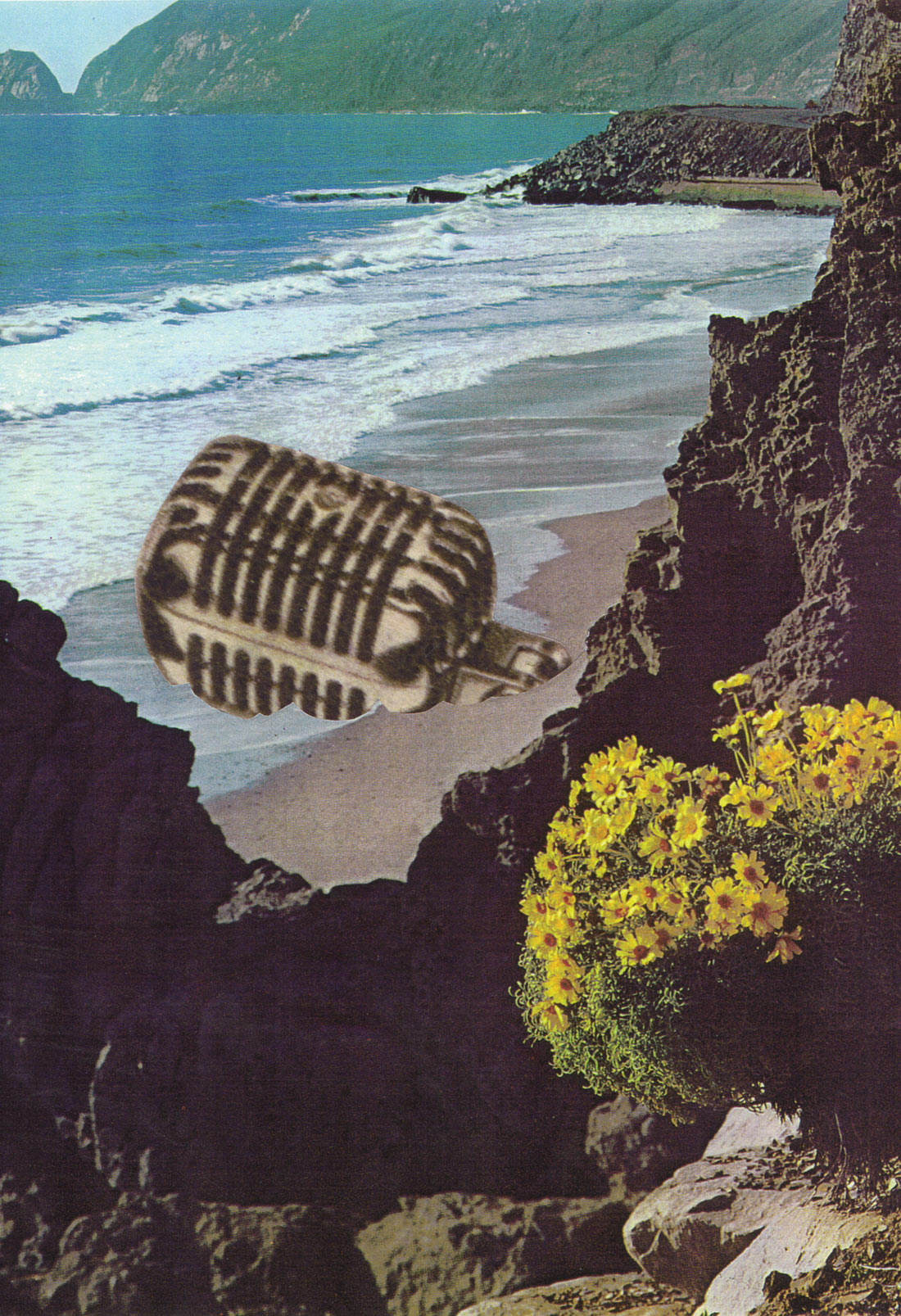I remember the day clearly. It was when everything that I thought was fun about recording got turned on its head. Until that point I'd enjoyed mucking about with tape decks as a way to document my own ideas. Aside from labeling a cassette insert with a working song title after 4-tracking, I hadn't spent extra time taking notes about the tracks I'd recorded. Sure, I'd made records in studios, but someone else did the engineering and producing — I was just the bass player. I certainly didn't take very many notes. But here I was, sitting by a tiny window in my basement looking at one of my earliest paying clients knocking out a take, and I realized something important: I now had to start generating some paperwork and documenting my sessions. The honeymoon was over.
It became pretty obvious at that moment I now had a real job to do. No more would I simply sit and watch the musicians in the other room banging away on their instruments — now I would be expected to hunch over a clipboard and scribble notes onto specialized track sheets... or, at the very least, grab a Sharpie and write song titles and times on the back of a reel box. This wasn't fun. I thought recording music was supposed to be fun!
But worst of all, I now had to keep track of where the sections of a song were in relation to the tape counter. People would want to punch in parts, and they would assume that in that last five minutes I'd completely learned the structure of their song and could rewind right back to any part they requested at a moment's notice.
Yet I continued on, opening a studio in a commercial space and buying a 2-inch tape deck that had no counter. Do you want to stare helplessly into the depths of hell? Buy a tape deck that has no counter. You will spend endless hours looking for that third chorus while musicians glare at you, only to punch in at the wrong spot anyway. Eventually I was able to talk an engineer into building me a custom tape counter, thank god.
I had been recording fairly simply. If a take needed punched in repairs I'd frequently just run the whole track down with the musician beside me; we'd roll back and drop in when we heard mistakes that needed fixing. But then I found myself in L.A., sitting in on a session for what became Elliott Smith's XO album. As Elliott was putting down a bass line, I noticed co-producer Rob Schnapf staring at the tape counter and scribbling down numbers. I suddenly realized that I now had to keep track of mistakes as a track was being recorded, as well as noting what time they occurred. And maybe I even needed to know what part of the song these mistakes were in so I could speak the musicians' lingo. Oh no.
As my sessions and my studio grew, so did the number of microphones, tie lines, preamps, equalizers, and compressors. Now it was time to learn the dreaded "input sheet," where instruments and signal paths could be mapped out clearly. Sure, in some ways this made my job easier, but it also added to the sheer volume of paperwork required.
Nowadays when I wrap up an album project, after organizing and backing up hard drives full of sessions and wave files, I'll wonder what to do with my spiral notebook full of ideas and info on takes, the multiple input list papers, the sets of lyrics covered with changes and numbers, and even reams of sheet music we'd printed out for the string players. I'll wonder if I should type more info into a Pro Tools session, or if that will even matter in the future. Should I scan the paperwork and store it with the session? I haven't yet.
It's infrequent that I see a paper track sheet anymore. I miss the experience of seeing a song broken down over 16 or 24 tracks with simple notes. There's something reassuring about it; I could easily wrap my head around what a song is built of. Now I look at computer monitors full of abstract lines and numbers — sometimes representing hundreds of tracks.
But I think back to that first day's realization. Maybe that was when I became aware that this was no longer a pastime of mine. Recording music was now my job.

